Eco Tourism
Above is a photo of work in progress at BRL. This ‘mock-up’ chalet is now complete and all remaining 8 rooms should be ready by the end of June. We deliberately programmed construction to complete one twin chalet ahead of the others. This approach has proved very useful and has allowed us time to tweak the design without big cost penalties.The photo shows the concrete base of a spa bath which has been installed in six of the ten chalets. As well as being the area of design which as been most ‘tweaked’, this bath also provokes debate about the nature of eco-tourism lodges.
Ecological tourism (eco-tourism) is a form of tourism which aims to be both ecologically and socially conscious. It is usually associated with travel to areas with a rich cultural heritage, outstanding natural beauty and high biodiversity. Due to the fragility of such environments there is a risk that tourism may damage exactly the characteristics that attract the tourists in the first place.
Therefore any would be eco-tourism resort should demonstrably minimize the adverse effects of traditional tourism on the natural environment and enhance the cultural integrity of local people. Currently the implementation of eco-tourism principles is mostly voluntary and there is little regulation within the industry or local governments. This has led to claims that some tourism operators use the term eco-tourism as a marketing tool without accountability for their claims.
As a result regulation is now starting to be driven by organisations such as Wild Asia who use both the internet and mainstream media to promote the concepts of Eco-tourism and/or Responsible Tourism. The result of this is that any would be eco-tourism resort must adhere to the principles of eco-tourism
As commendable as these principles are, they ignore a more fundamental debate about how luxurious should an eco-tourism lodge be. There is a strong argument which says that eco-tourism should promote more modest, less consumerist ways of living.
By this argument the above mentioned principles of eco-tourism are devalued to a ‘retrofit kit’, serving only to minimise the impact of our actions rather than questioning the existence of these actions in the first place.
A 33m² (110ft²) ensuite bedroom with veranda and private spa is not modest. Each spa bath requires the use and subsequent disposal of 800litres (210gallon) of water and has necessitated the installation of large solar water heaters with additional electrical backup heating.
If I apply the above question I can’t help thinking that the environment would be better served by not having the spa baths in the first place, rather than trying to mitigate their impact with the use of solar water heaters and biodegradable soap.
My client however would be quick to point out that all aspects of this refurbishment will make BRL more competitive in a rapidly expanding market. A successful Borneo Rainforest Lodge is currently one of the best incentives to conserve the Danum Valley and Ulu Segama rainforest.
Related Posts

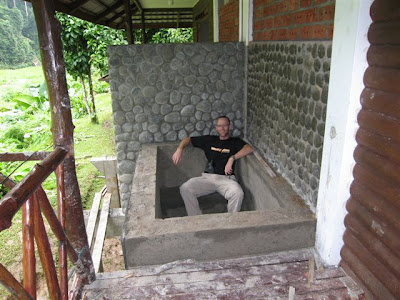
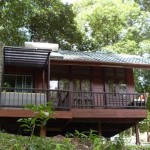
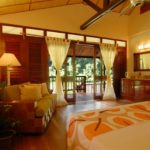
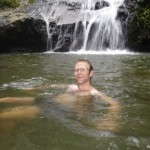
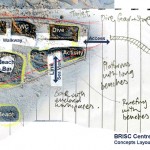
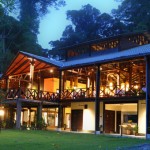
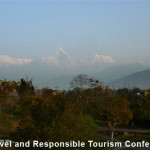
now i see what you’ve been up to!
keep up the good work…
aLo